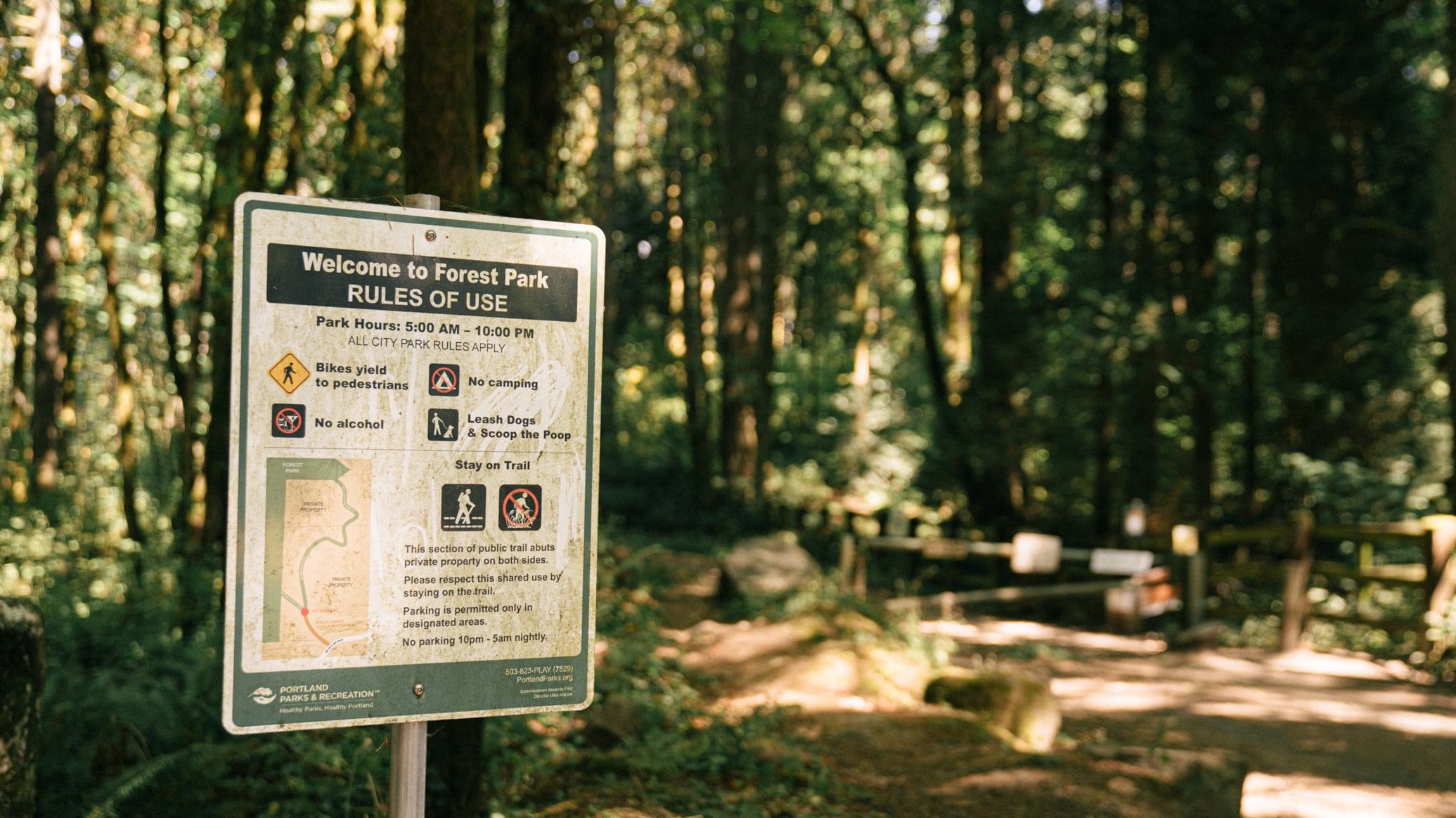Forest Park’s long-term well-being is now a little more secure following the donation of 60 acres of land for conservation just north of the recreation area.
The Forest Park Conservancy announced Jan. 12 that it had entered a partnership with property owners Diane Field and Dick Williams, who decided to permanently protect the parcel. That land has remained undeveloped since they purchased it in 2004.
The legal arrangement—a conservation easement—will be monitored by the Forest Park Conservancy indefinitely, with the goal of maintaining and improving the habitat. Now, any future property owner will be subject to the requirements set out in the binding agreement.
Field and Williams are outdoor enthusiasts and wildlife conservationists, and when they bought the land their initial goal was to shield it from development. For the past 18 years, they’ve also worked to remove invasive species like blackberry bushes and scotch broom, and restore the plot in general, since it had formerly been used for commercial logging.
“We are very appreciative of all of the people who have worked on the property, which includes friends of ours who helped with limbing, and paid contractors who did a lot of the heavy lifting,” Williams stated in a press release. “We’ve been very appreciative of everybody’s help, and there’s been a lot of it from a lot of different places. It really feels like a community effort.”
The partnership also marks the first of its kind for the Forest Park Conservancy in over 25 years. The nonprofit acquired its initial conservation easement in 1990, and this latest donation brings the number of its owned easements to 14, for a total of 1,160 acres.
A buffer of protected land around Forest Park is not only critical to the security of animal, plant and fungi habitat, but in many cases these easements preserve surface and groundwater quality, too. There are two streams, for example, on the Field-Williams property that drain into McCarthy Creek and a small seasonal pond. An open meadow located within the 60 acres is also known to host elk.
But beyond the benefits to the natural habitat, hikers who frequent Forest Park are guaranteed to have more of a cushion around their nature sanctuary that sits just steps from the urban core.
“Forest Park has just been a life-saver for me,” Field added. “When I first came to Portland and got a high-powered job, the thing that saved me was grabbing my dog and hiking for an hour or two every day after work. It’s such a valuable asset to Portland, and I was quite taken with the idea of contributing to its future.”
